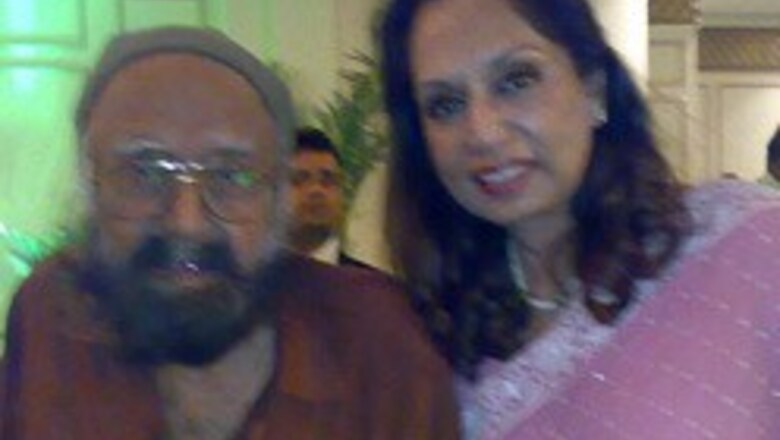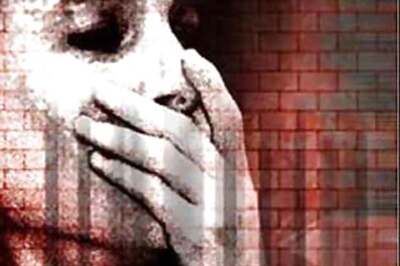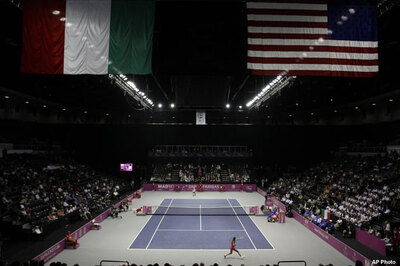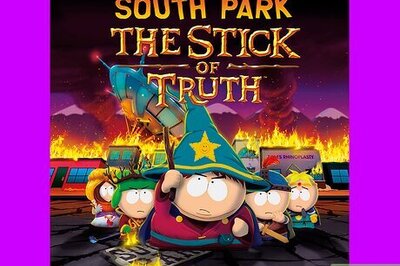
views
New Delhi: Urdu lovers despair for the language’s future but Khushwant Singh and Kamna Prasad believe all is not lost.
Their book, Celebrating the Best of Urdu Poetry, was released this week. Their collaboration was this way: they selected the poets and the poems; Khushwant did the translations and Prasad helped him.
How is this book different from other English translations? “The fact that Khushwant Singh has done these translations makes the book different because he knows both languages equally well. He thinks in English but he was born into Urdu,” says Prasad.
For Khushwant, this book is his way to “share my love for this language with others.”
Prasad considers Urdu poetry her “bible”—she recites a couplet a minute and has a verse for every question you put to her. She is the organiser of the annual Jashn-e-Bahaar Mushaira of leading Indian and Pakistani poets in Delhi and has made a two-hour documentary film for the Ministry of External Affairs on Urdu’s evolution.
Prasad says choosing poets for the book was not easy. “It was not just a question of them being popular poets; it was also about what is easy. This is a collection for people who want to learn and enjoy Urdu poetry but are not familiar with the script. This book would go down well with them. It’s a nice book to begin with, for there is a whole range of accomplished poets and you get to read their most well-known poems.”
“It’s not a free translation. The poems rhyme in English as well, it’s a proper translation where we have consciously tried to retain the music of Urdu verse, to give readers the feel of the original poem.”
PAGE_BREAK
Prasad and Khushwant admit that the poets they selected are their ‘personal favourites’. The book offers range and variety: Sauda of the 18th century rubs shoulders with Zafar, Ghalib, Meer, Daag, Momin and with more recent poems like Iqbal and Faiz.
Prasad believes interest in Urdu poetry hasn’t diminished and in the future people will be read in a different script like English.
Khushwant, however feels that Urdu as a language is in decay but “would re-emerge now in Devnagri script or in Gurmukhi script and it is doing so.”
What about the culture-specific sensibilities and emotions that a language embodies? Kamna says it is our ‘responsibility’ to familiarise our children with this language. “Urdu is not just a language, it’s an entire tradition and if we won’t teach our future generation then this heritage of love and poetry would be lost on them forever.”

















Comments
0 comment